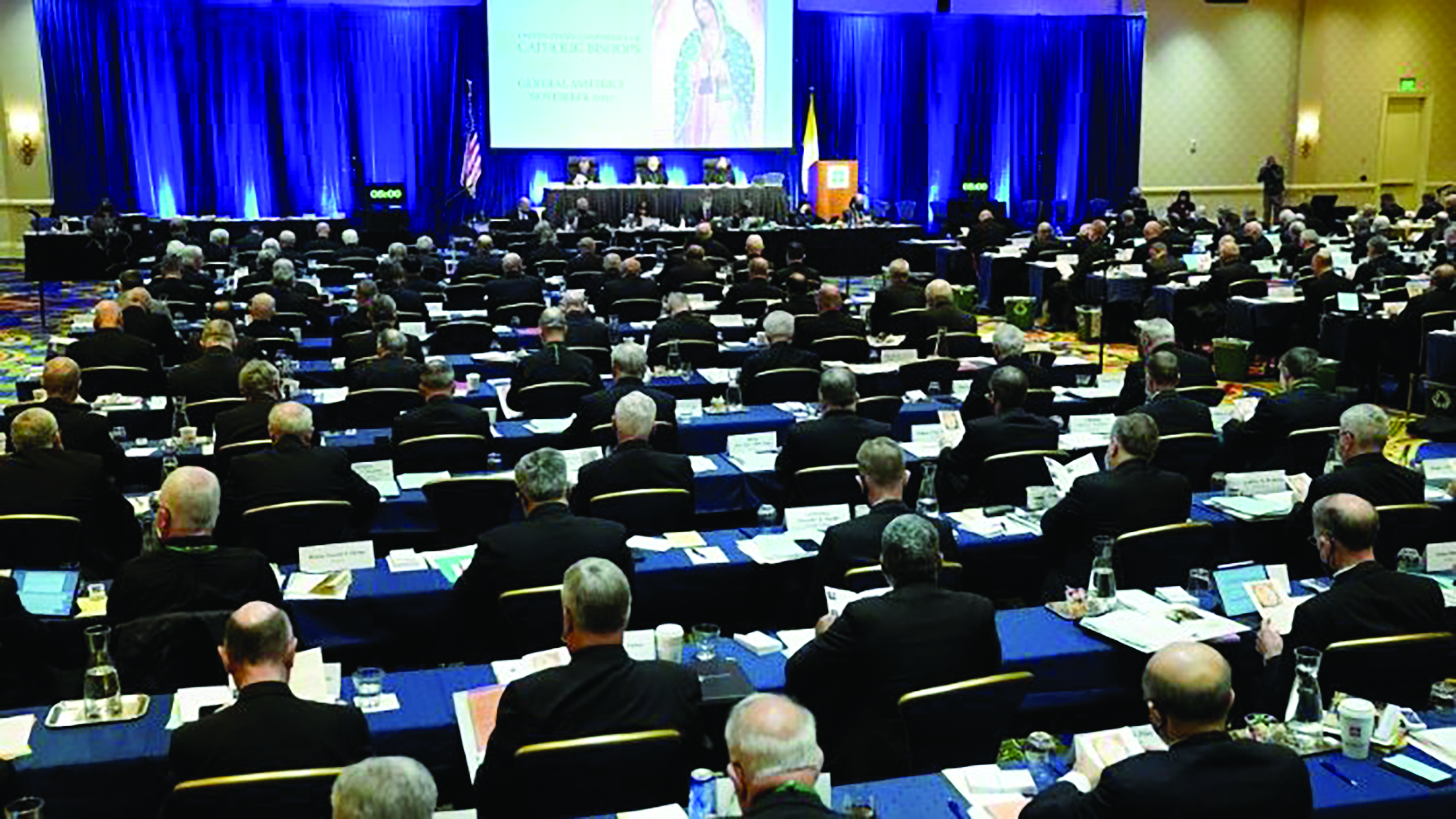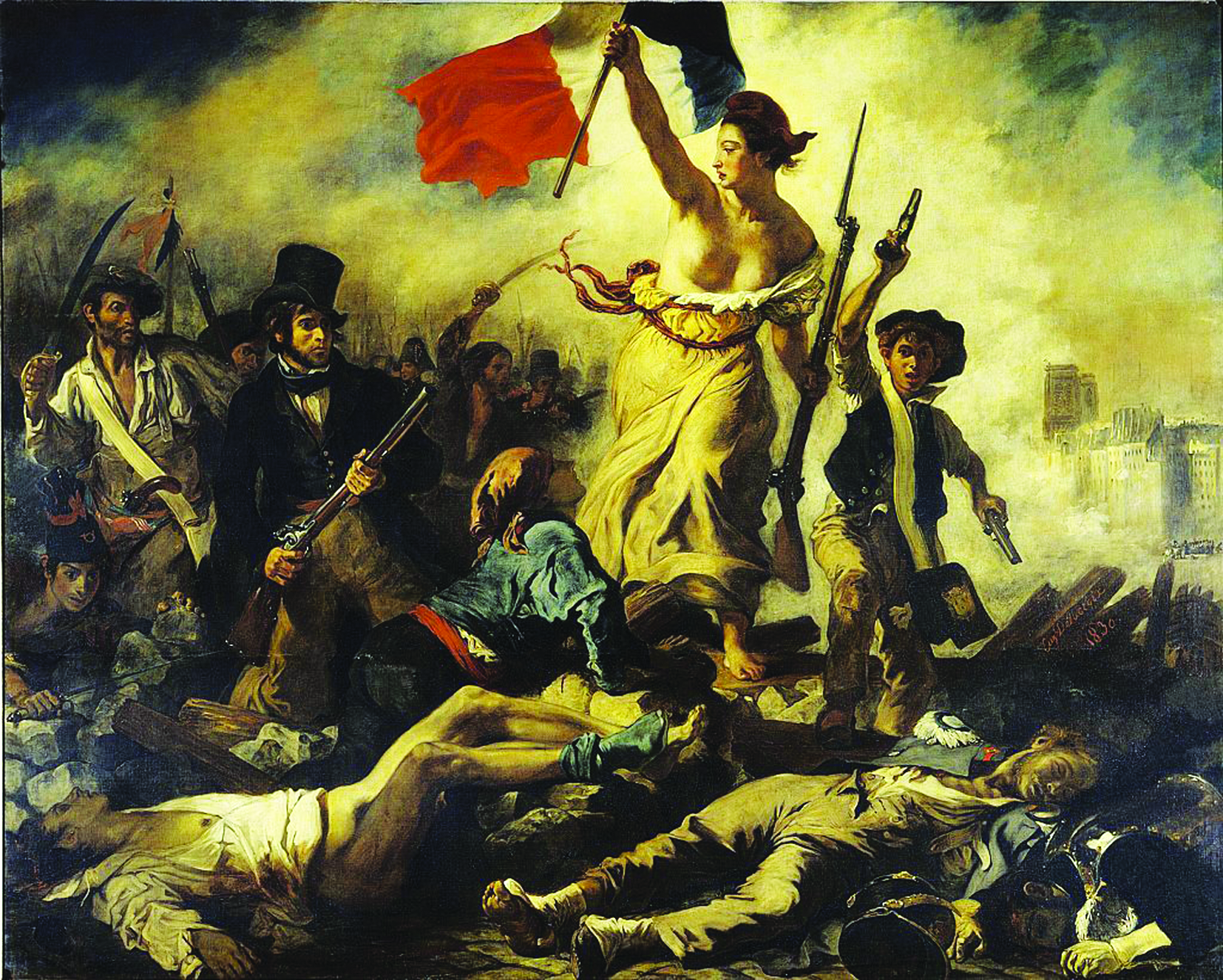The Motu Proprio was released on Tuesday, establishing the Institute to carry forward the work of the two recent Synods of Bishops and the Apostolic Exhortation Amoris Laetitia.
The ‘media notes’ statement is signed by Archbishop Vincenzo Paglia, Grand Chancellor of the Institute, and Msgr. Pierangelo Sequeri, its President.
It discusses the inspiration and sources behind the Holy Father’s Motu Proprio, as well as how the project is to be implemented.
Please find below the original statement:
Rome, September 19, 2017
MEDIA NOTES ON THE MOTU PROPRIO OF POPE FRANCIS SUMMA FAMILIAE CURA THAT CREATES THE JOHN PAUL II PONTIFICAL THEOLOGICAL INSTITUTE FOR MATRIMONIAL AND FAMILY SCIENCES – SEPTEMBER 19,2017
1. The Apostolic Letter with which Pope Francis has created the new John Paul II Pontifical Theological Institute reveals his desire to honor two sources that were his inspiration.
(a) The first is the new social and cultural vista in which matrimony and the family seek to be consistent with their original calling. The process of recognizing and reflection on these two institutions during the recent Synods has made evident the necessity of a “renewed awareness of the Gospel of the Family and of new pastoral challenges that the Christian community is called on to answer.”
(b) The second source is the “farseeing intuition of Saint John Paul II” who strongly supported the creation of the John Paul II Institute for Studies on Marriage and the Family as a key institution dedicated to research and to specialist formation at a university level and having a special connection with the Apostolic See. This legacy, far from having lost its driving force, is to be “even more clearly recognized and valued for its fruitfulness and importance today.”
2. These two sources led to have led to the special message of the Letter:
(a) On the one hand, there is the direct involvement of Pope Francis that reflects the two described sources. He “signs on” to the subject and reveals his deep belief in (i)the crucial nature of the question, (ii) the new vitality of a reflection on the faith, and (iii) discernment of the human condition, all of which the Church is called on to bring to the world.
(b) As well, the Pope has entrusted the task of respecting both the continuity and the newness of this undertaking to the same persons who are now engaged in safeguarding a great legacy and making it bear fruit. The academic officers of the predecessor institution (Grand Chancellor, President, Governing Council) are the ones called on to formulate the regulations, structures and operations of the new Theological Institute, at both the main campus and the various Sessions around the world, in the twofold context of continuity and renewal.
(c) This approach eliminates the possibility of an agenda-driven interpretation that sees the Pope’s action as a departure from the inspiration that moved Saint John Paul II, or even as a sign that the Pope has lost confidence in the existing institution, its leadership or its faculty. Indeed, these are the very persons who are called to guide the new Institute on the necessary path of adaptation and restructuring that is called for by the Holy Father.
3. Implementation of this project is to be studied and shared by various persons according to their respective capabilities.
(a) Broadly speaking, the institutions involved in ovrsight of the project will be the Congregation for Catholic Education, the Dicastery for the Laity, the Family and Life, and the Pontifical Academy for Life (SCF, art. 4, par. 3). More directly, the academic community of the Pontifical Lateran University will be most closely involved in this integration and cooperation, the terms of which will be decided on “by common agreement.” (SCF art. 5)
(b) With respect to the expansion of the institute’s teaching and research capabilities, the Motu Proprio grants independence to its academic officers and approves its granting of degrees jure proprio (SFC, art. 4, par. 3)—Doctorates, Licences and Dilomas (which can be supplemented, in accordance with university custom and following applicable regulations, with first and second level Master’s degrees.)
4. There are two elements in the Motu Proprio that can be pointed to as examples of the new approach to discernment and ecclesial practice:
(a) The centrality of the family along path of ‘pastoral conversion’ of our communities and of missionary transformation of the Church’ requires us, in reflecting upon matrimony and the family at the academic level, never to lose sight of a pastoral perspective, or of the need for attention to the hurts of humanity’” (See EG, 26-32, LG, 11).
(b) “The health of the family is crucial for the future of the world and of the Church.” (SFC citing AL n.32). Evangelizing the marriage covenant between man and woman and caring for the family amid the changes in social ties and civil structures today are strategic necessities for the mission of the Church. (See SFC, art. 2)
Hence the fundamental questions that the new Institute must consider: how do we shape a transformation of the witnessing practice of our Gospel faith so that it shows forth in the Church the beautiful and heartening image of the “one great family” created by God’s love? How can we improve the understanding and communication of the faith to where they become true leaven, anthropological and even cultural, of the truth that the creative and salvific love of God brings to the transmission of life and to life’s meaning?
5. A theological Institute born of this vision must be able to carry out its mission with all the means necessary for it to become a “true center of academic and reference excellence” endowed with “pontifical” character. (SFC art. 2)
(a) This calls it to additional areas of commitment necessary to carry out its mission, that is, not only to the “new dimensions of its pastoral task and its ecclesial mission” but also to developments in human sciences and in anthropological culture. The creation of a “theological “center of excellence and reference in the field of the “sciences” of matrimony and the family thus comports, by definition, a commitment to the broadening of the pastoral horizon of the question and to care for the resulting adaptation of its anthropological and cultural direction.
(b) One encouraging sign of a widespread desire to support (even financially) a faith-filled consideration of a secular humanistic environment has been given to the renewed Institute. We expect that a new Chair for the study of the interaction between Christian and secular thought will soon be established. This “Gaudium et Spes” Chair will be analogous to the already existing Woytila Chair.
6. The Pope writes that “It will be necessary however for the inspiration that gave life to the to the predecessor Institute for Studies on Marriage and Family to continue to make fruitful the wider field of endeavor of the new Theological Institute, helping to make it more responsive to the present-day demands of the Church’s pastoral mission.(SFC art. 1)
(a) That understanding has now been fully brought to bear on the “acceptable time” (“kairos”) in the Church today, and is fully reflective of a dynamic of transformation in ecclesial structures and mission. This implies special attention as well to the global anthropological importance of the questions “connected with the fundamental alliance between man and woman in their care for generation and all of creation.” (SFC art. 2)
(b) Clearly the Institute will be concerned with an openness that, while implicit in theological reflection on marriage and the family, is not yet organically developed with respect to their deeper social and ecclesial effects. The innovative character of this approach, which reclaims the full spectrum of the biblical theology of the creation—and of the mission—of man and woman, will be seen and carried out in ever greater detail.
(c) It is precisely to this broader vision, which appreciates the difference and the human covenant between man and woman as it relates to care for our common home and to the building up of history through generation, that the synodal maturation of this question, confirmed by Amoris Laetitia, has led us. And now it must guide the new Institute that Pope Francis has entrusted to us, generously and confidently.
+ Vincenzo Paglia
Grand Chancellor
Msgr. Pierangelo Sequeri
President
Vatican Radio







Facebook Comments